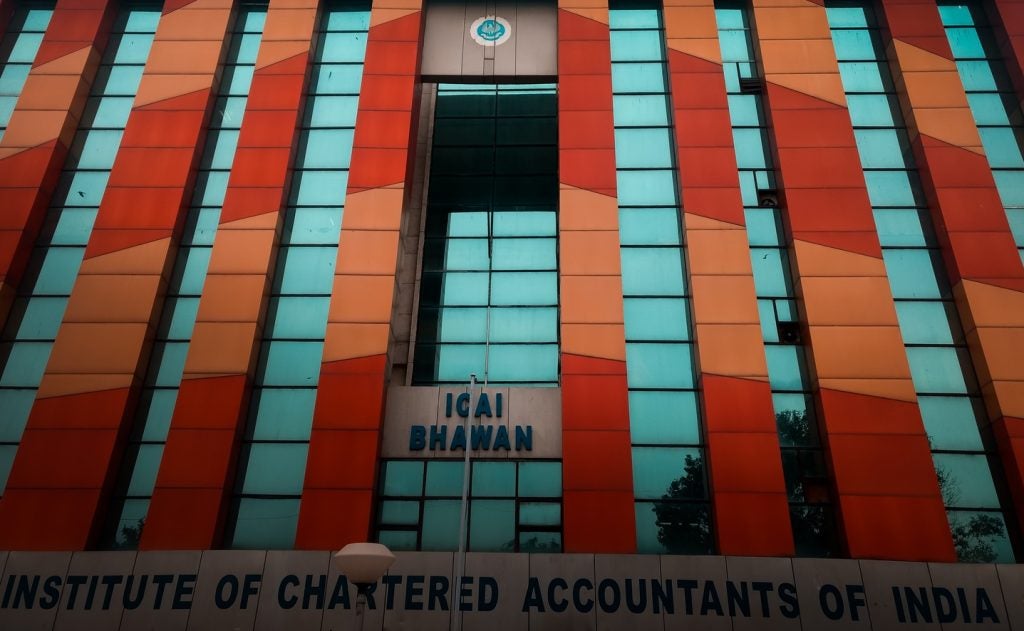The European Union (EU) High-Level Expert Group on Sustainable Finance (HLEG) has released its first report recommending that the EU Commission look into integrating sustainability in accounting standards to foster convergence of financial and non-financial reporting.
The HLEG also recommended the undertaking of analysis as to whether accounting treatment can hamper long-term orientation and equity investments in some sector and whether adjustments might be desirable as a result.
The High-Level Group was established in December 2016 as part of the EU Commission's commitment to the Paris Climate Agreement. It is made of 20 senior experts from civil society, the finance sector, academia and observers from European and international institutions. It's chaired by AXA head of regulation, sustainability & insurance foresight Christian Thimann.
In its report, the HLEG stated that there are two dimensions to the integration of sustainability into accounting standards: “One is whether standards should require a proper reflection of sustainability risks in accounting valuations; the other is whether standards should require more disclosure of relevant non-financial information on sustainability.”
In that regard, the HLEG said that while some companies have made some transparency efforts, high quality integrated reporting on these matters remains far from being mainstream and the group called for disclosures of material information on sustainability issues to be further strengthened.
To make progress on convergence, the HLEG recommended that the EU Commission call on the European Financial Reporting Advisory Group to formally ask the International Integrated Reporting Council to work on how sustainability factors can be captured in dedicated accounting standards in addition to those for financial reporting.
How well do you really know your competitors?
Access the most comprehensive Company Profiles on the market, powered by GlobalData. Save hours of research. Gain competitive edge.

Thank you!
Your download email will arrive shortly
Not ready to buy yet? Download a free sample
We are confident about the unique quality of our Company Profiles. However, we want you to make the most beneficial decision for your business, so we offer a free sample that you can download by submitting the below form
By GlobalDataAdditionally, the HLEG recommended that:
- the EU support improved disclosure and promote harmonisation of metrics,
- Financial institutions disclose how relevant sustainability information is factored into their investment strategies,
- Companies and financial institutions improve their transparency on climate change aspect in line with the Task Force on Climate-related Financial Disclosures (TFCD) recommendations.
The HLEG report also recommended that Eurostat’s interpretation of public sector accounting standards on energy efficiency investments be improved.
“Three quarters of the EU’s 2030 clean energy investment gap is in the energy efficiency sector. Public/private partnerships between governments/municipalities and energy service companies (ESCOs) will be key to closing this gap through the deployment of energy performance contracts (EPCs),” the report read. “Today, Eurostat’s guidance on the interpretation of IFRS rules relating to EPCs makes these investments appear on the public sector’s balance sheet even though the private sector provides financing and takes on the operational and financial risk.”
This narrow interpretation of public sector accounting standards on government budgeting for energy efficiency is one of the main drivers of under-investment in energy efficiency identified by the Energy Efficiency Financial Institutions Group (EEFIG), and it has led many public sector energy efficiency projects to be abandoned in member states, the report continued.
As such the HLEG recommended that the EU Commission support Eurostat in its reinterpretation of the guidance on the accounting consequences on energy performance contracts.
EU Commission vice-president responsible for Jobs, Growth, Investment and Competitiveness Jyrki Katain said: "Mobilising finance from investors oriented to the long-term and from capital markets is vital for the transition to a low-carbon, more resource-efficient and sustainable economy. We know that investments of around €180 billion per year are needed to deliver on the EU's ambitious climate and energy goals. The High-Level Expert Group's report complements our efforts made in that direction under other parts of the Investment Plan for Europe, notably the European Fund for Strategic Investments."
The HLEG will release its final recommendations at the end of the year, its interim report can be found here: Financing a sustainable European economy






